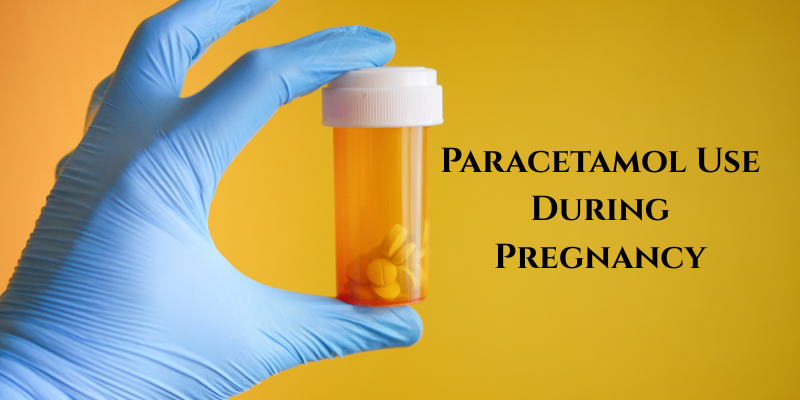Paracetamol Use During Pregnancy
The use of paracetamol (acetaminophen) during pregnancy has long been a topic of scientific scrutiny and public concern.
Recent evaluations by leading regulatory agencies reaffirm its safety—when used appropriately.
Here’s a roundup of the latest positions from key authorities across the globe:
EMA
- Paracetamol remains a recommended option for treating pain and fever during pregnancy if clinically needed.
- EMA emphasizes using the lowest effective dose for the shortest duration.
- No new evidence suggests a link to autism or malformations.
EMA’s statement:
Paracetamol remains an important option to treat pain or fever in pregnant women. Our advice is based on a rigorous assessment of the available scientific data and we have found no evidence that taking paracetamol during pregnancy causes autism in children.
AIFA (Italian Medicines Agency)
- Echoing EMA, AIFA confirms no changes to current recommendations.
- Paracetamol is considered safe during pregnancy, with no proven risks of neurodevelopmental disorders or birth defects.
AIFA’s position
Paracetamol (acetaminophen), widely used for the treatment of fever and pain, can be used during pregnancy if clinically necessary. The available data show no association with an increased risk of autism or malformations in the foetus or newborn.
MHRA (UK Medicines and Healthcare products Regulatory Agency)
- MHRA reassures that paracetamol remains the first-choice painkiller for pregnant women.
- No evidence supports a link to autism.
- Pregnant individuals should follow NHS guidance and consult healthcare professionals.
MHRA announcement:
MHRA confirms taking paracetamol during pregnancy remains safe and there is no evidence it causes autism in children
Swissmedic
- Swissmedic aligns with EU recommendations, stating paracetamol can be used during pregnancy when necessary. It advises caution and adherence to dosage guidelines.
Swissmedic Statement
Swissmedic stresses that, in the many years since it was first authorised, no scientific evidence has emerged of any link between the administration of paracetamol in pregnancy and autism in children. This assessment is consistent with the evaluations of other regulatory authorities worldwide and the opinions of the medical community. The benefit-risk balance for these medicines continues to remain positive. By contrast, therapeutic alternatives, especially for pregnant women, may be less suitable.
FDA Position on Paracetamol (Acetaminophen)
The U.S. FDA has recently updated its stance on the use of acetaminophen during pregnancy, following public debate and emerging research.
Here’s a detailed breakdown of the FDA’s current position:
As of September 2025, the FDA has initiated a label change for acetaminophen products to reflect a possible association between prenatal use and increased risk of neurological conditions such as autism and ADHD.
Key Highlights:
Association, Not Causation:
While multiple studies have reported statistical associations between acetaminophen use during pregnancy and later diagnoses of autism or ADHD, the FDA emphasizes that no causal relationship has been established.
Still the Safest OTC Option:
Despite the label update, acetaminophen remains the only over-the-counter analgesic and antipyretic approved for use during pregnancy.
Alternatives like ibuprofen and aspirin carry known risks to fetal development.
Read also:




